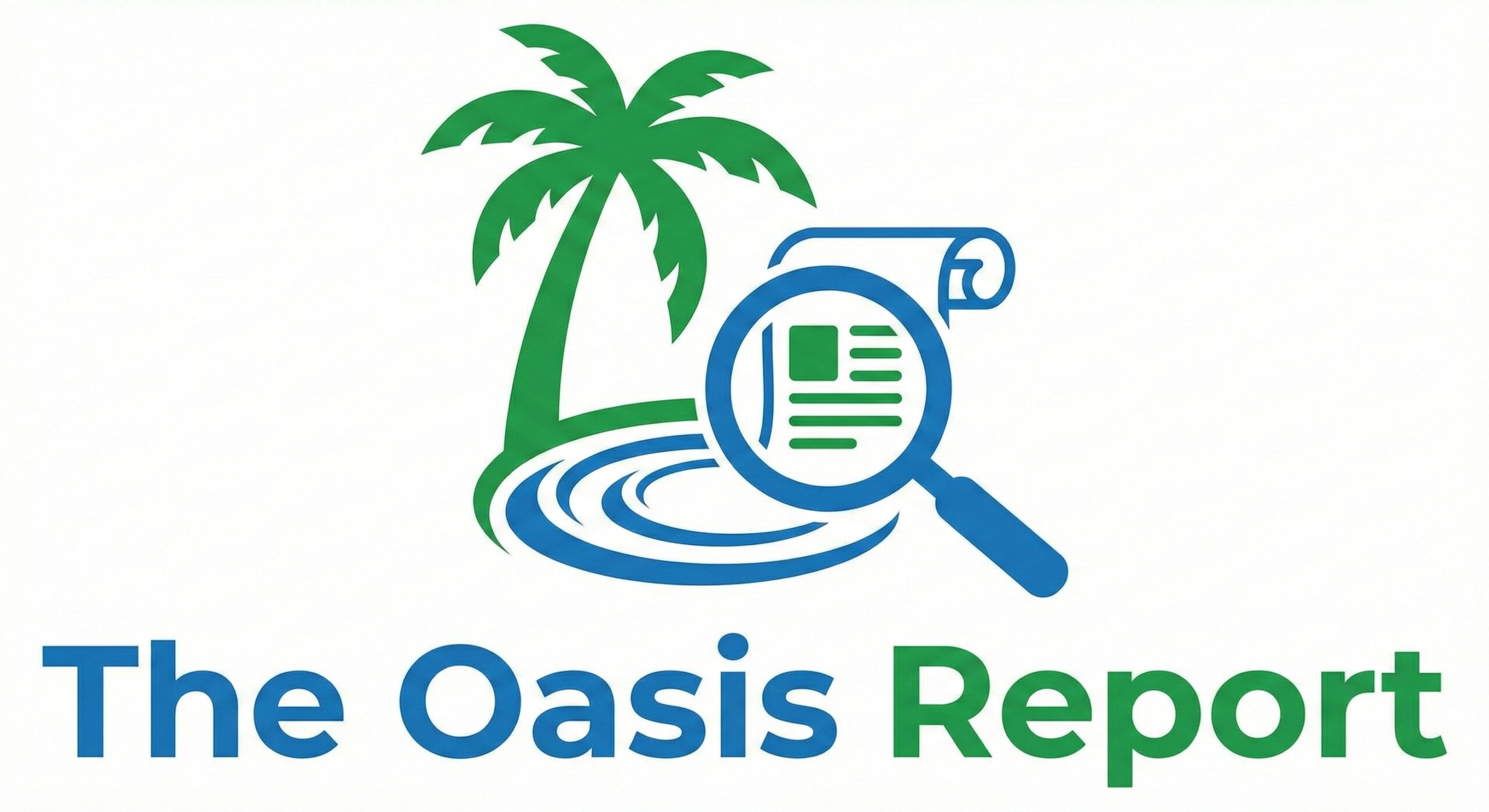Yemeni Prime Minister and Minister of Foreign Affairs and Resident Affairs, Dr. Shay Al Zindani, outlined the characteristics of the government’s roadmap for the next steps, stressing that the compass of action is directed towards the Yemeni people and their suffering, with a rigorous determination to complete the fight to restore state institutions taken over by coup militias.
Confidence in driving and responsibility in cornering
In his first statement since gaining confidence (published through his account), Al-Jindani said:
Assessing Saudi Arabia’s historical position
The Yemeni Prime Minister highly appreciated the Kingdom of Saudi Arabia’s generous support and firm historical position under the leadership of Custodian of the Two Holy Mosques King Salman bin Abdulaziz, Crown Prince and Prime Minister Prince Mohammed bin Salman, and Minister of Defense Prince Khalid bin Salman, stressing that this continued support in various fields of politics, economy, security, military and development embodies the Saudi leadership’s eagerness to support its aspirations. To restore institutions and achieve prosperity for the Yemeni people.
Priorities and the fight against corruption at this stage
Mr. Al-Jindani stressed that the government’s priorities in the next phase will directly focus on improving the living and service conditions of the people, rigorously fighting corruption, and developing the institutional performance of state institutions, while strengthening the partnership with brothers and friends in a way that contributes to ending the coup and restoring the hijacked state institutions, noting that the government will spare no effort to achieve economic stability and develop basic services that affect people’s daily lives.
A tough message to ministers
The Yemeni prime minister called on government officials to “stand by the people” and make every effort to serve the long-suffering Yemeni people, expressing confidence that challenges can be overcome if intentions are sincere and the greatness of the mission is felt.
Mr. Al Jindani expressed his gratitude for the efforts of Prime Minister Salem Ben Brik and members of the previous government, stressing that the new government will strive to build on achievements and course correct in the best national interest.
Dr. Sheikh Al-Zandani, Prime Minister and Minister of Foreign Affairs and Foreigners of Yemen, outlined the characteristics of the government’s roadmap for the next phase, stressing that the focus of the work will be on the Yemeni people and their suffering, with a rigorous determination to complete the fight to restore state institutions taken over by coup militias.
Leadership Confidence and Turning Point Responsibility
In his first statement after gaining confidence “announced through his account on Platform
Appreciation for Saudi Arabia’s historical position
The Prime Minister of Yemen praised the generous support and firm historical position of the Kingdom of Saudi Arabia, led by Custodian of the Two Holy Mosques King Salman bin Abdulaziz and Crown Prince, Prime Minister Mohammed bin Salman and Minister of Defense Khalid bin Salman, and confirmed that this continued support in various political, economic, security, military and fields embodies the commitment of the Saudi leadership to support Saudi Arabia’s aspirations. The people of Yemen are restoring their institutions and achieving prosperity.
Priorities at this stage and combating corruption
Mr. Al-Zandani stressed that the Government’s priorities in the next stage are to directly focus on improving the living and service conditions of the people, thoroughly fighting corruption, and developing the institutional performance of state institutions, while at the same time strengthening the partnership with compatriots and friends to contribute to ending the coup and restoring the hijacked state institutions, noting that the Government will spare no effort in achieving economic stability and developing essential services that affect people’s daily lives.
A tough message to ministers
The Yemeni prime minister called on government officials to “stand by the people” and make every effort to serve the long-suffering Yemeni people, expressing confidence that challenges will be overcome whenever intentions are sincere and the greatness of the mission is felt.
Prime Minister Al-Zandani expressed his appreciation for the efforts of Prime Minister Salem bin Blake and members of the previous government, and confirmed that the new government will work to build on the achievements and correct course in a way that serves the higher national interest.


